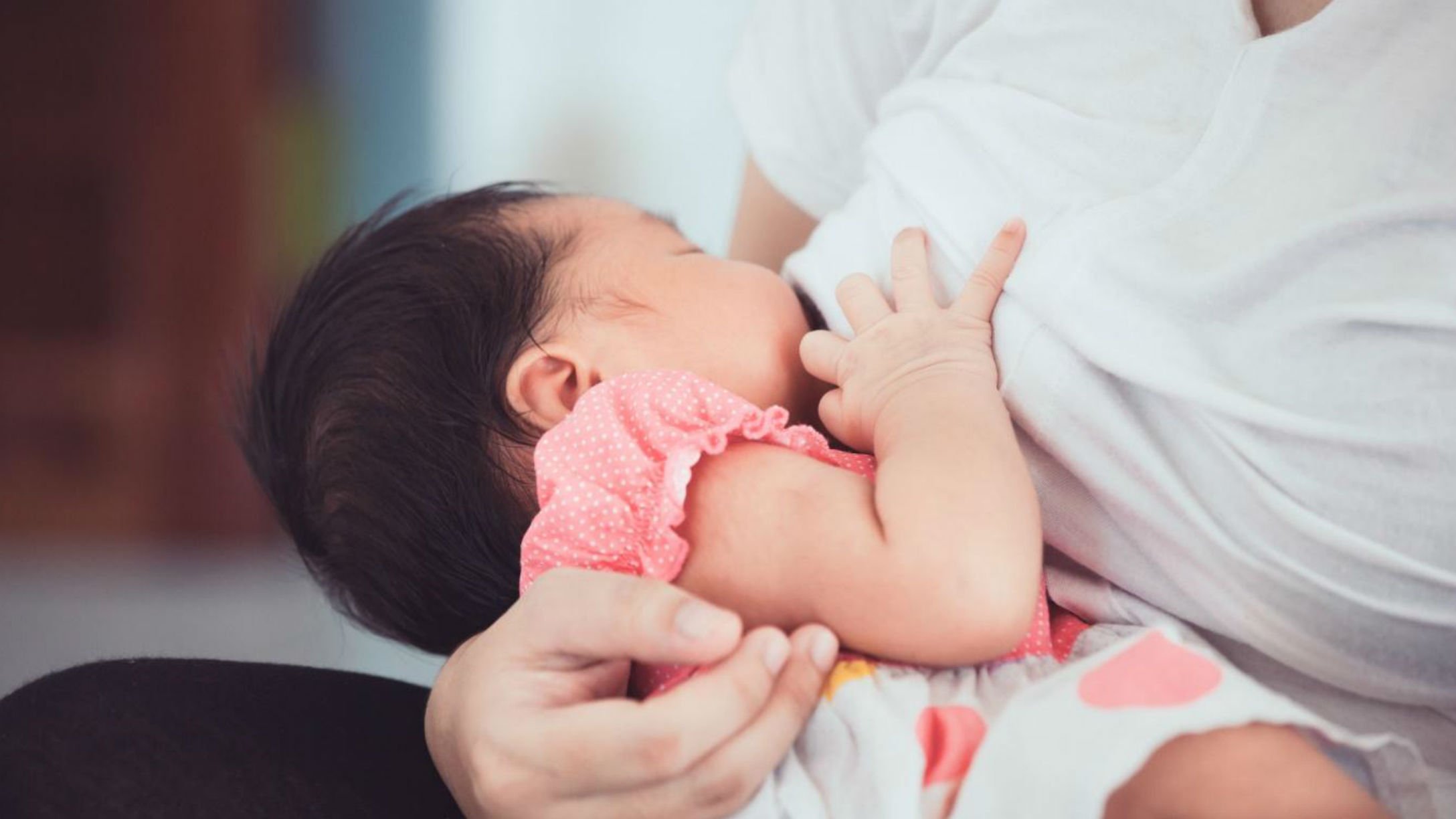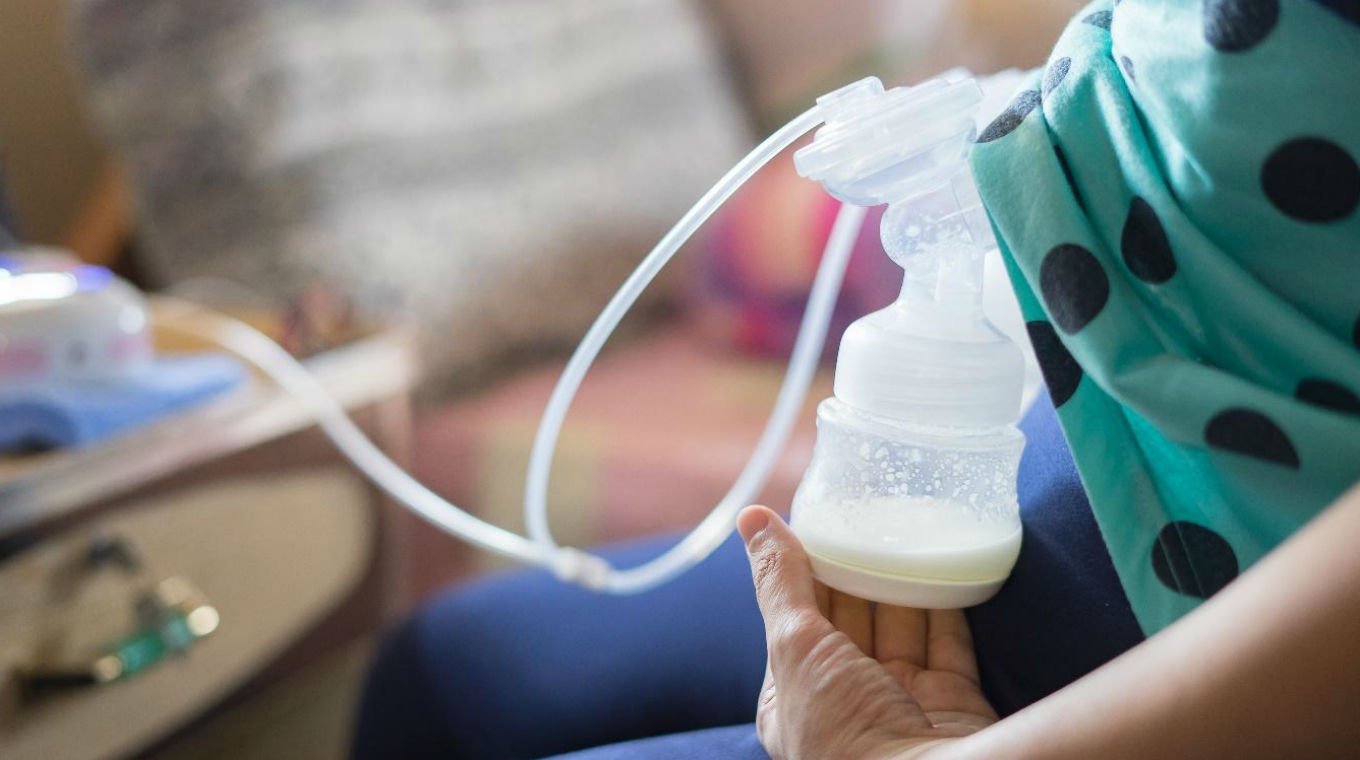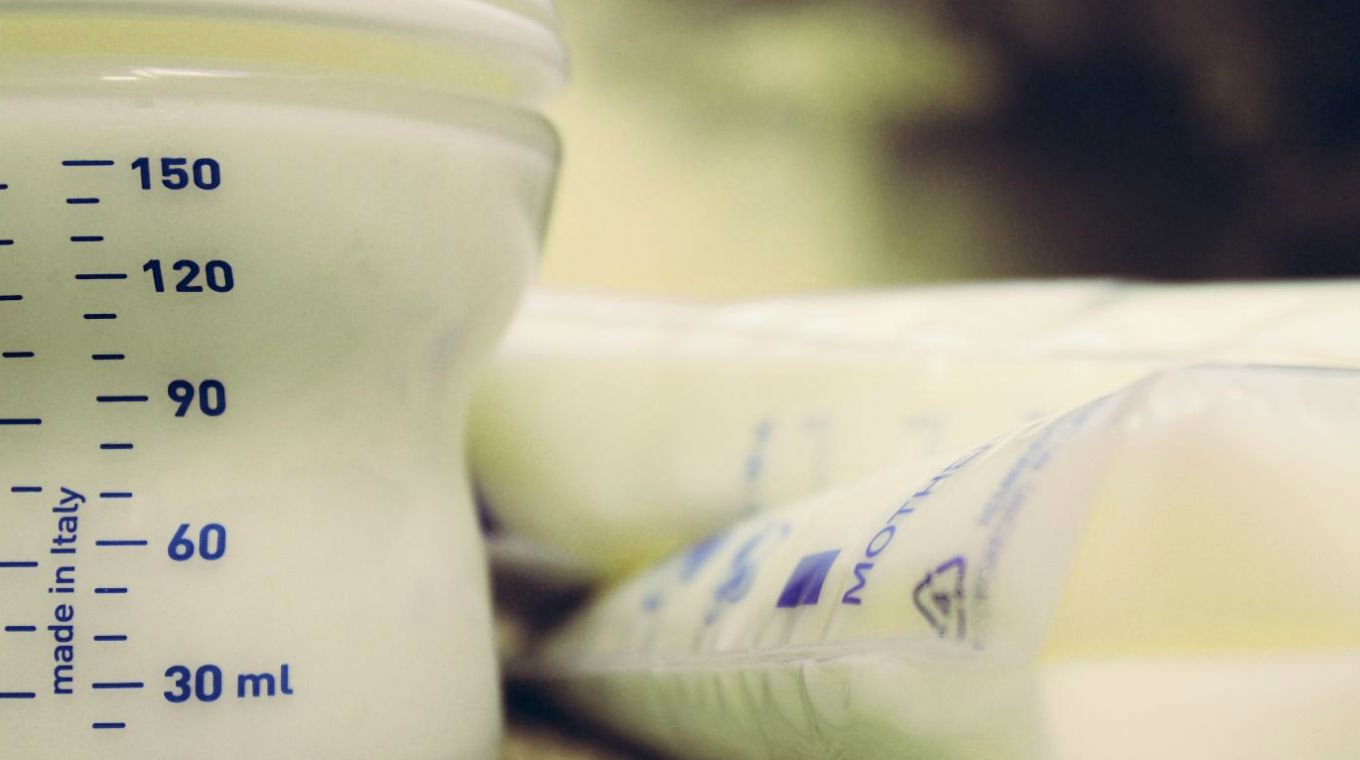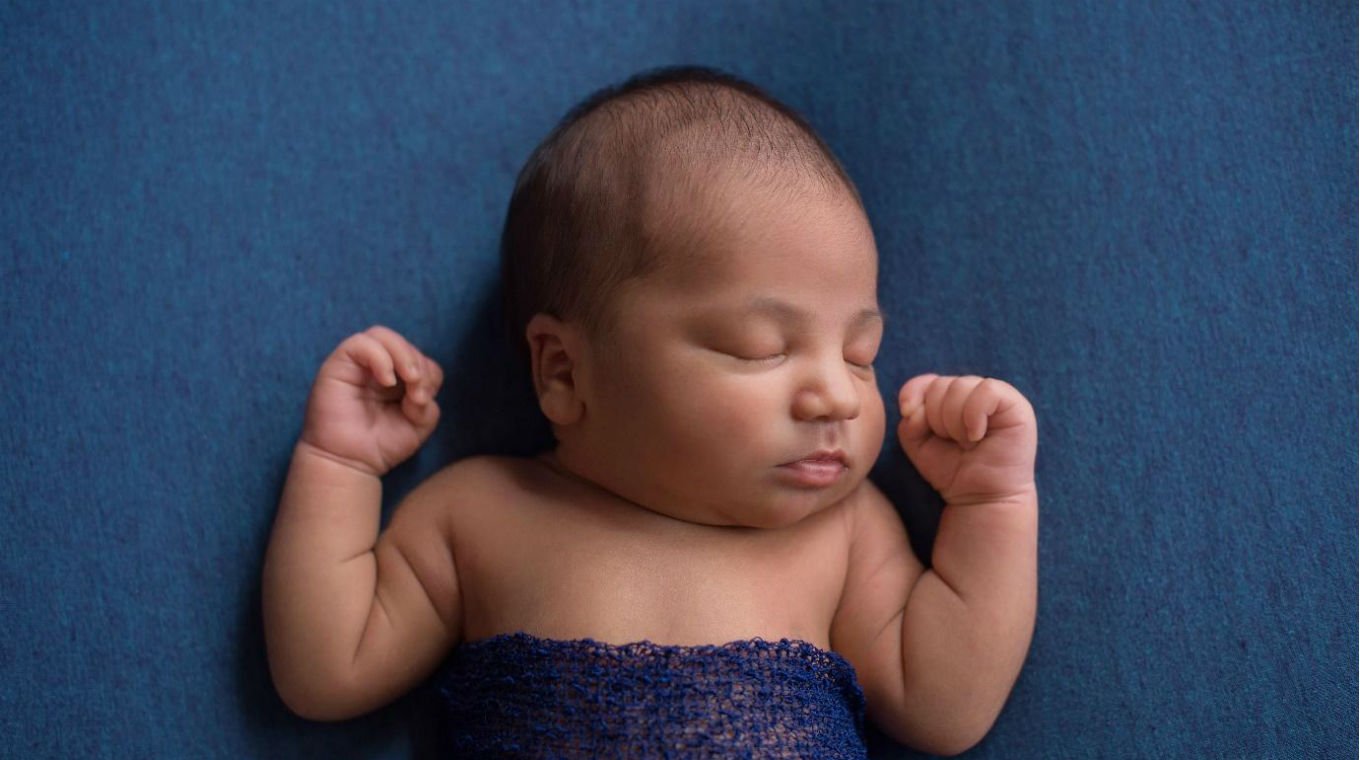
In this article
If you’re a nursing mom who wants a drink but are worried about passing the alcohol to your baby, those test strips that check your breast milk for alcohol sound like a dream. But, because of the lack of studies on the strips and conflicting advice on alcohol and breastfeeding, it’s hard to say whether the breast milk test strips are actually effective.
Though the most common test strips have been advertised as being approved by pediatricians and lactation consultants, some health experts aren’t convinced.
An American Academy of Pediatrics guide for New Jersey physicians noted that “milk test strips are unnecessary and have not been sufficiently studied.”
Maria Parlapiano, a registered nurse and lactation consultant, told CafeMom in a breastfeeding foods article that the test strips are not accurate and a waste of money. And in a review on exclusive breastfeeding, Dr. Maya Bunik, of the University of Colorado School of Medicine, mentioned that “although alcohol test strips for breast milk are available for purchase, careful and limited consumption of alcohol is the best approach when breastfeeding.”
What breast milk test strips for alcohol claim to do

Two of the most popular test strips for alcohol in breast milk, the original MilkScreen and Miloo, aim to ease the doubts and guilt of nursing moms by taking away the guesswork of alcohol presence in their breast milk. After saturating a strip with breast milk, the at-home test will change colors if alcohol is present. For MilkScreen, color change should occur at or above 13.1 mg/dL, and for Miloo, there’s a guided color palette you can match to more specific blood alcohol concentration levels.
Milkscreen’s Amazon listing notes, “Milkscreen is a consumer product and not intended to be used in the prevention, diagnosis, or treatment of alcohol intoxication or poisoning or other health-related conditions in women or nursing babies.” Not much information can be found about Miloo.
What is the advice on drinking for breastfeeding moms?

Breastfeeding advice on how much a mom can drink vary, depending on who you ask. For KellyMom, if you’re sober enough to drive, you’re sober enough to breastfeed.
The March of Dimes advises nursing moms to not drink alcohol when they’re breastfeeding. “If you do drink alcohol,” their guide on breast milk safety reads, “don’t have more than two drinks a week. Wait at least two hours after each drink before you breastfeed.”
The American Academy of Pediatrics also says to avoid drinking alcohol while breastfeeding, but if you are going to consume alcohol, it’s best to do so just after you nurse or pump milk. Moms should wait four hours after their last drink to breastfeed or pump milk to give the body as much time as possible to rid itself of alcohol.
How much a person can safely drink and breastfeed may also depend on the child’s age, the mom’s weight, amount of alcohol consumed, and what the mom has eaten, among other factors.
The ‘pump and dump’ myth

Pumping and dumping, or expressing milk after consuming alcohol and then discarding the milk, is generally not necessary and doesn’t reduce how much alcohol is present in your milk any more quickly. Alcohol doesn’t get trapped or accumulate in your breast milk. In fact, as your alcohol blood level falls over time, so too does the alcohol level in your breast milk.
Does drinking alcohol increase milk supply?

It’s a common belief that alcohol can promote lactation, but research suggests that consuming alcohol of any kind may actually reduce milk production. Breastfed babies consumed 20% less breast milk on average during the three to four hours after moms had a drink. Plus, alcohol can change the taste of breast milk, which can turn some babies off to breastfeeding. Research also shows drinking alcohol also inhibits the milk ejection reflex, or let down.
Alcohol’s effects on breastfed babies

There are not enough studies on alcohol and breastfeeding to determine the short- and long-term effects on breastfed babies. Conflicting studies have ranged from showing “low-level drinking during breastfeeding is not linked with shorter breastfeeding duration or adverse outcomes in infants” to suggesting that drinking while breastfeeding is linked to lower scores on reasoning tests.
Though the research is limited, here is some of what we do know about alcohol and breastfeeding:
- The amount of alcohol that can pass through your breast milk is very low.
- Newborns metabolize alcohol at about half the rate of adults. (The alcohol stays in newborns’ systems longer.)
- Studies have shown that alcohol consumption did alter infants’ sleep patterns, like making sleep cycles shorter and more frequent.
- There’s a lack of convincing evidence that occasional drinking while breastfeeding has adverse long-term effects on breastfed babies. (On the other hand, it’s argued that there’s not enough evidence to exclude risk from low-to-moderate levels of drinking, either.)




